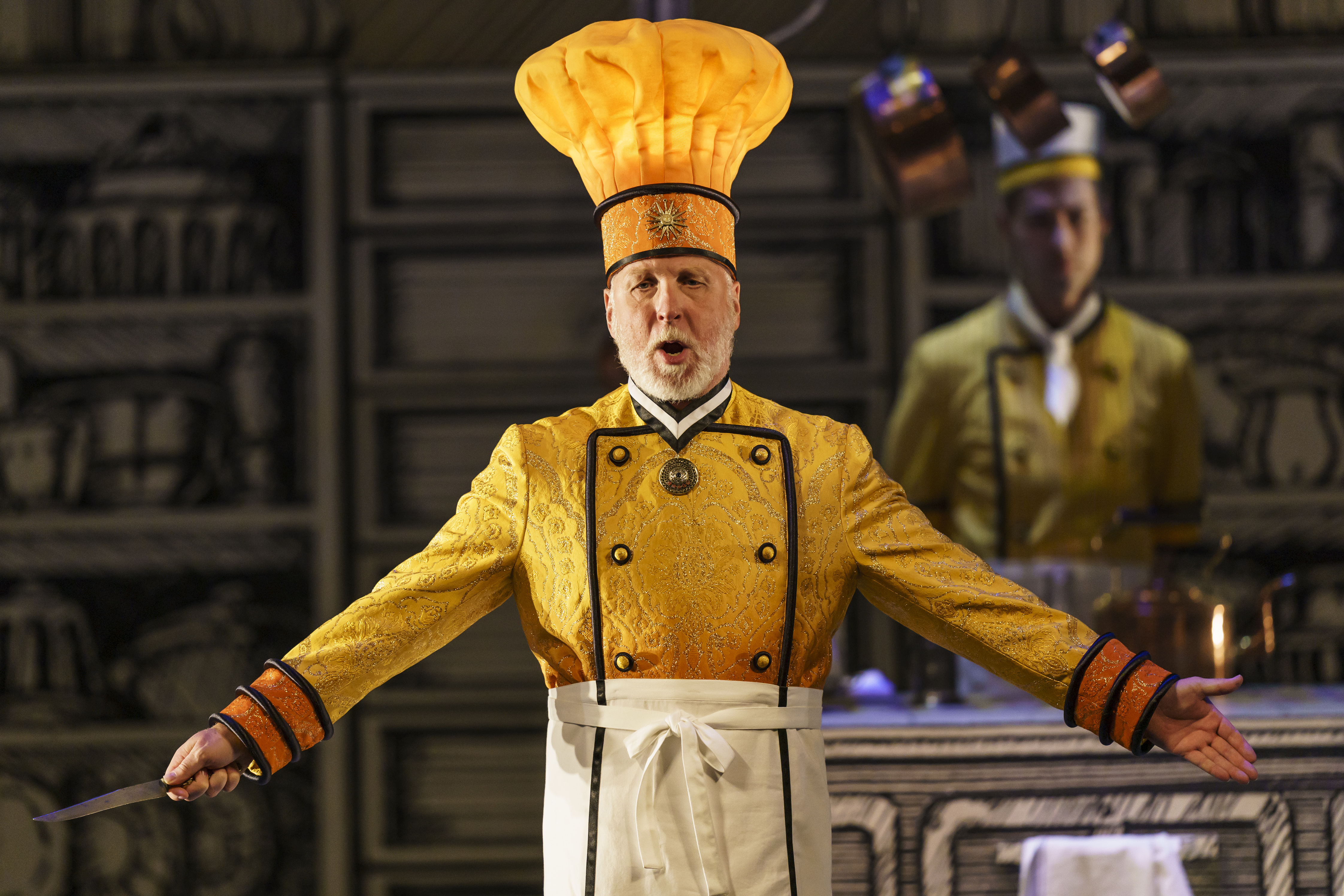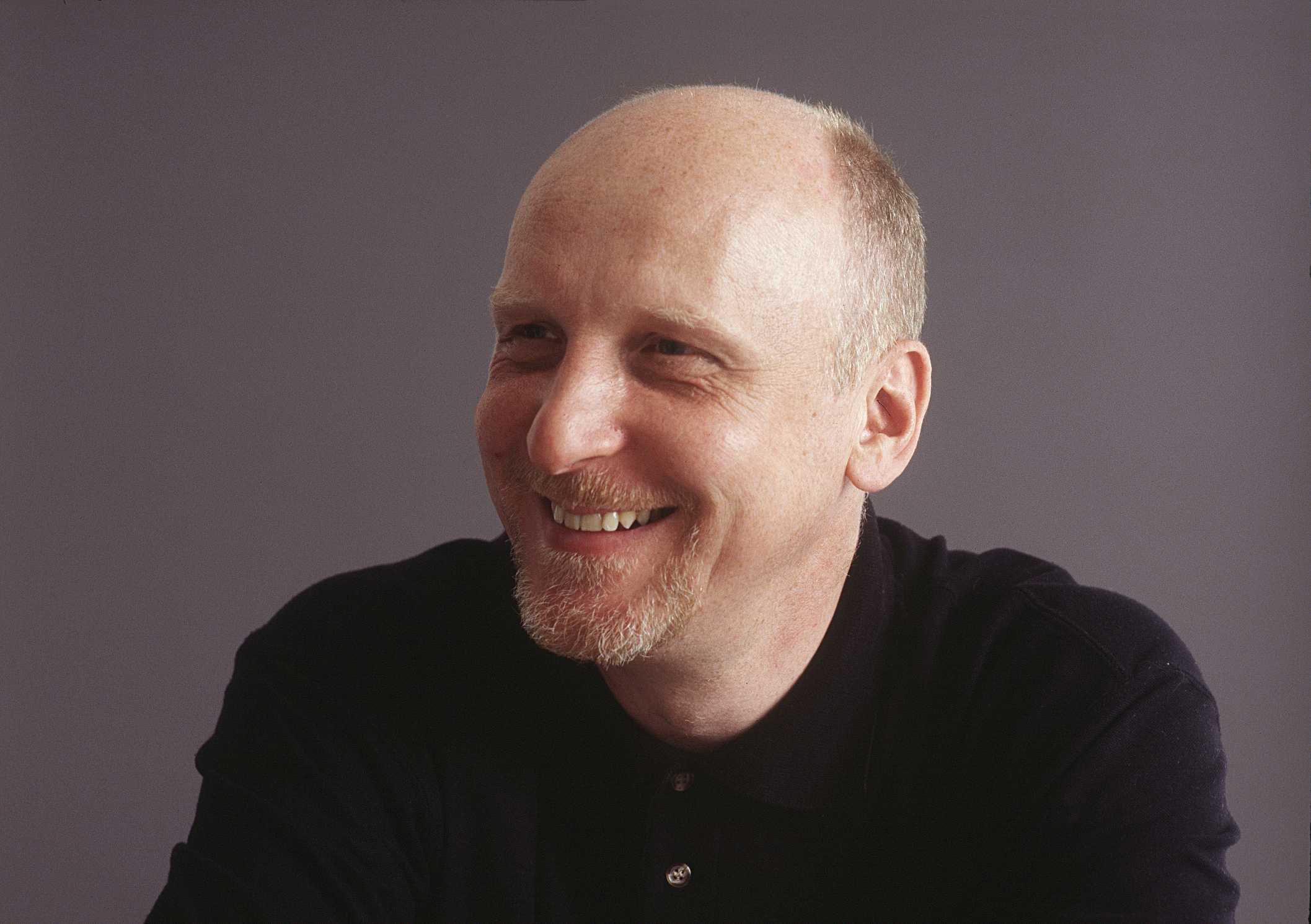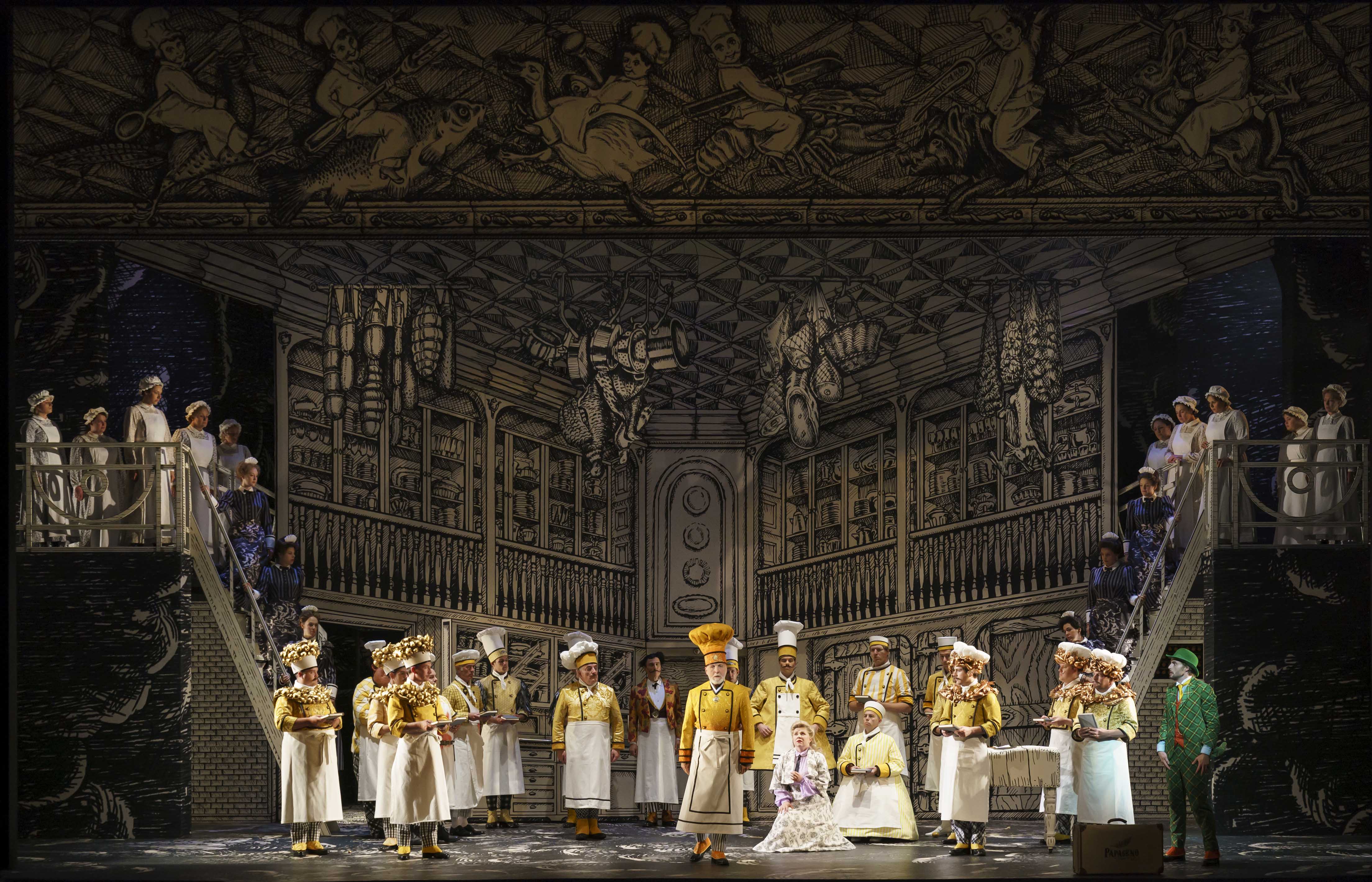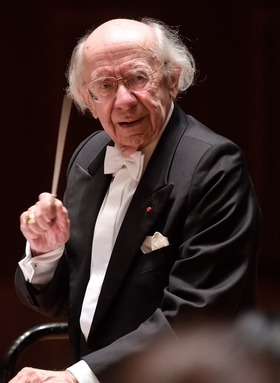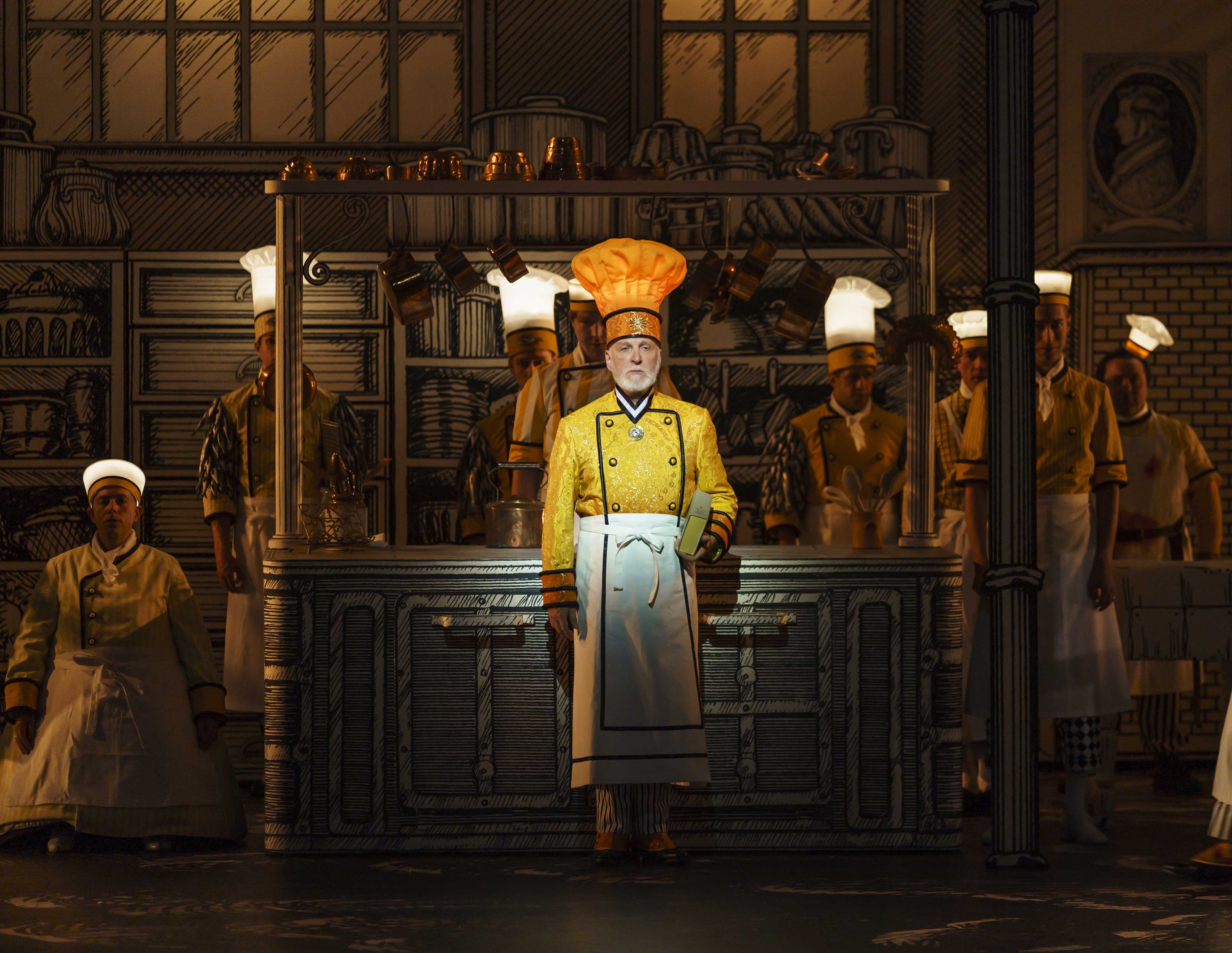Amidst waterfalls of bad news, a busy personal work schedule, poor health, and crushingly low moods, this autumn has often felt like a very long swim uphill, through maple syrup, in the dark. Music helps, of course, but sometimes so do people, or more specifically, the energy of meaningful exchanges. Sometimes those conversations lead to new discoveries, for one or both parties, cultural or otherwise; sometimes they can also trigger rediscoveries.
Lately I have been diving into my mother’s extensive vinyl collection, specifically the recordings of various Puccini operas. 2024 marks 100 years since the composer’s passing, and a number of organizations have been marking the occasion, including Teatro Alla Scala, Opera Australia, and the Pacific Music Festival. In a list for Gramophone in early October, music writer Mark Pullinger names ten defining moments within Puccini’s operatic presentation history and includes now-famous broadcasts and productions, some of which sit in my vinyl collection (including the famous Maria Callas/Tosca, natch). This week, amidst grading and emails, I found myself stopping to marvel anew at Luciano Pavarotti’s “Che gelida manina”, from the famous Karajan-led recording of La bohème done at Jesus-Christus-Kirche, Berlin in 1972 and also featuring Mirella Freni as Mimi. Whew.
Puccini wonderment aside, this is woefully late list of things to read, watch, ponder. More is coming soon, including many fascinating interviews for 2025. Until then:
Nominations for the 67th annual GRAMMY® Awards were announced on November 8th; among the nominees is Deutsche Grammophon recording of Adriana Mater by Kaija Saariaho, released earlier this year. The Esa-Pekka Salonen-led recording featuring the San Francisco Symphony received two nominations, Best Opera Recording and Best Contemporary Classical Composition; I interviewed the opera’s leads (Fleur Barron, who sings the titular Adriana and Axelle Fanyo as Adriana’s sister Refka) earlier this autumn. The awards will be handed out February 2nd in Los Angeles.
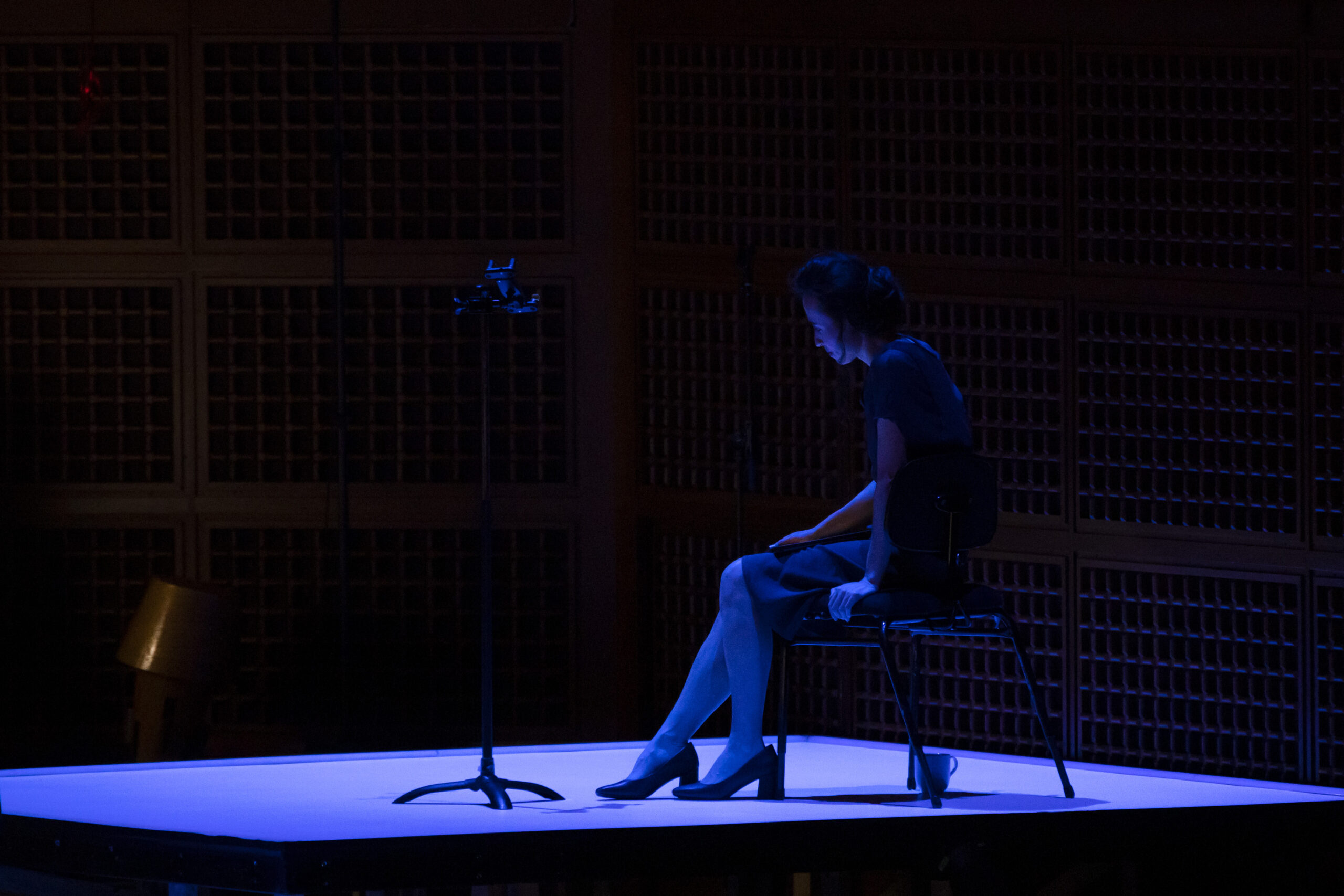
Fleur Barron in the 2023 San Francisco Symphony presentation of Adriana Mater by Kaija Saariaho. Photo: Brittany Hosea-Small
English National Opera (ENO) recently announced programming for their new locale in Manchester. Einstein on the Beach by Philip Glass and an in-concert performance of Mozart’s Cosi fan tutte are part of the lineup, which errs heavily to new(ish) work. Music writer Richard Bratby salutes the company’s ambition but still has some (rather convincing) reservations. (“English National Opera’s Manchester plan shows flair but it’s still a mess“, The Times, 21 November). He highlights a vital point amidst ENO’s many challenges and its recent move, namely “how does Opera North fit into this brave new world where ENO rules the roost in Manchester? Or does it?” Indeed.
Some of the other points Bratby raises highlight the findings of a recent report by Opera America about newcomers to opera. The study, conducted between 2020 and 2024, surveyed 11,000 attendees across 36 various-sized companies in the United States. It turns out (well well, shock shock) newcomers mostly come for the tried-and-true operas of yore (i.e. the Aidas, Carmens, Traviatas) and that, quite encouragingly, they’ve investigated what they’re about to see a little bit beforehand; what mostly prevents a return is ticket prices. (“Understanding Opera’s New Audiences“, Opera America, 21 November).
A report released earlier this month from the UK-based Sutton Trust pinpoints class as a prime reason for lack of representation in the arts. Among the many suggestions for creating greater equity within the cultural world: banning unpaid internships lasting more than four weeks. HUZZAH. (“Young working-class people being ‘blocked’ from creative industries, study finds“, Nadia Khomani, The Guardian, 13 November)
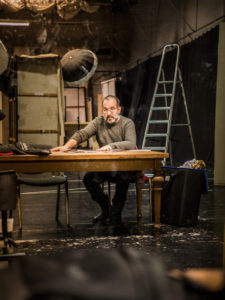
Photo: Jan Windszus Photography
Budget cuts to Berlin’s vibrant arts scene have recently been announced. Among the most dramatic: the planned renovation of Komische Oper Berlin’s historic Behrenstrasse theatre has been put on hold for two years (supposedly), after various levels of government – namely Senator for Culture Joe Chialo and Mayor Kai Wegner – had made assurances that very thing would not happen. Former Intendant Barrie Kosky wrote a passionate open letter in Tagesspiegel underlining the theatre’s significant Jewish history. Current KOB Managing Director Susanna Moser told music writer Axel Brueggemann in a podcast that she learned of the grim news in the newspaper. She added that she’s keeping her faith intact for a positive resolution. (“Ich gebe mehr nicht die Kugel“, Backstage Classical, 24 November).
Brueggemann had himself tried getting an interview with Chialo, only to be repeatedly stonewalled by assistants. The Senator for Culture did give an interview to FAZ; Brueggemann has nicely summarized his thoughts therein, which include a move toward long-needed structural changes, the development of corporate partnerships, and higher ticket prices. Eeeeek. (“Joe Chialo verteidigt Berlin-Einsparungen“, Backstage Classical, 27 November)
Opern News reporter Stephan Burianek has written a very thorough article about bass Ildar Abdrazakov’s now-cancelled appearance in the Teatro San Carlo production of Don Carlo set to open January 19th. The Russian artist and ardent Putin supporter may shriek victimhood (and receive much public/collegial sympathy) but there’s equal merit to considering that Abdrazakov was, to use a Russian saying, trying to sit on two chairs at once. The question of funding sources does remain relevant, more than ever (see above) and it’s fortifying to see those sources being more thoroughly investigated; Burianek has, thankfully, brought the receipts. (“Eine Bürde für den Anstand“, Opern News, 19 November)
Read/hear the word “reimagined” within the opera world lately and one tends to hold one’s breath (especially given the reimagining/political censoring/total remake of Schnittke’s Life With An Idiot recently in Zurich) – but La Carmencita, happening next month in New York City, intrigues. The Spanish-language translation of Bizet’s famous opera is being recontextualized here through a Latin American lens, courtesy of soprano/producer Sasha Gutiérrez, director Rebecca Miller Kratzer, and GRAMMY®Award-winning bassist/composer Pedro Giraudo. The Opera Next Door production runs for one night only, on 6 December, at the David Rubinstein Auditorium, Lincoln Center; admission is free.
More immediately: Four Note Opera, presented by Nederlandse Opera Studio, takes place tomorrow in Groningen as part of the city’s wide-ranging Sounds Of Music Festival. The satirical 1972 work by Tom Johnson indeed uses only four notes together with five soloists and a pianist; Dutch National Opera first presented the unusual opera earlier this year in a co-production with the Nederlandse Reisopera and Opera Zuid.
Also tomorrow: a tribute to the late, great Benjamin Luxon is taking place at Wigmore Hall (London) at noon. The Cornish baritone died in July at the age of 87, having enjoyed a varied career encompassing lieder, oratorio, opera, ballads, folk songs, as well as work in television. In a remembrance published in August in The Guardian, music writer Barry Millington praised Luxon’s “burnished baritone, genial personality and seemingly effortless vocal projection”. Tomorrow’s tribute will include a host of British music luminaries including Sir Bryn Terfel, Dame Janet Baker, and Sir Thomas Allen, and the event will be livestreamed from the Hall.
In closing: composer Pavel Karmanov passed away on November 23rd; the Siberia-born composer was 54. Along with being a composer, pianist, and flutist, as well as a hugely influential teacher and music figure, Karmanov was a member of the rock band Vezhlivy Otkaz from 2000 until 2017. This performance of Karmanov’s 1993 composition “Birthday Present For Myself”, recorded in Paris in 2014, feels particularly right (not least because my own birthday happens in a little over two weeks) – the work bears traces of Debussy, Glass, and Silvestrov:
Until next time: stay warm, stay home if you’re sick, and remember the c-word.


